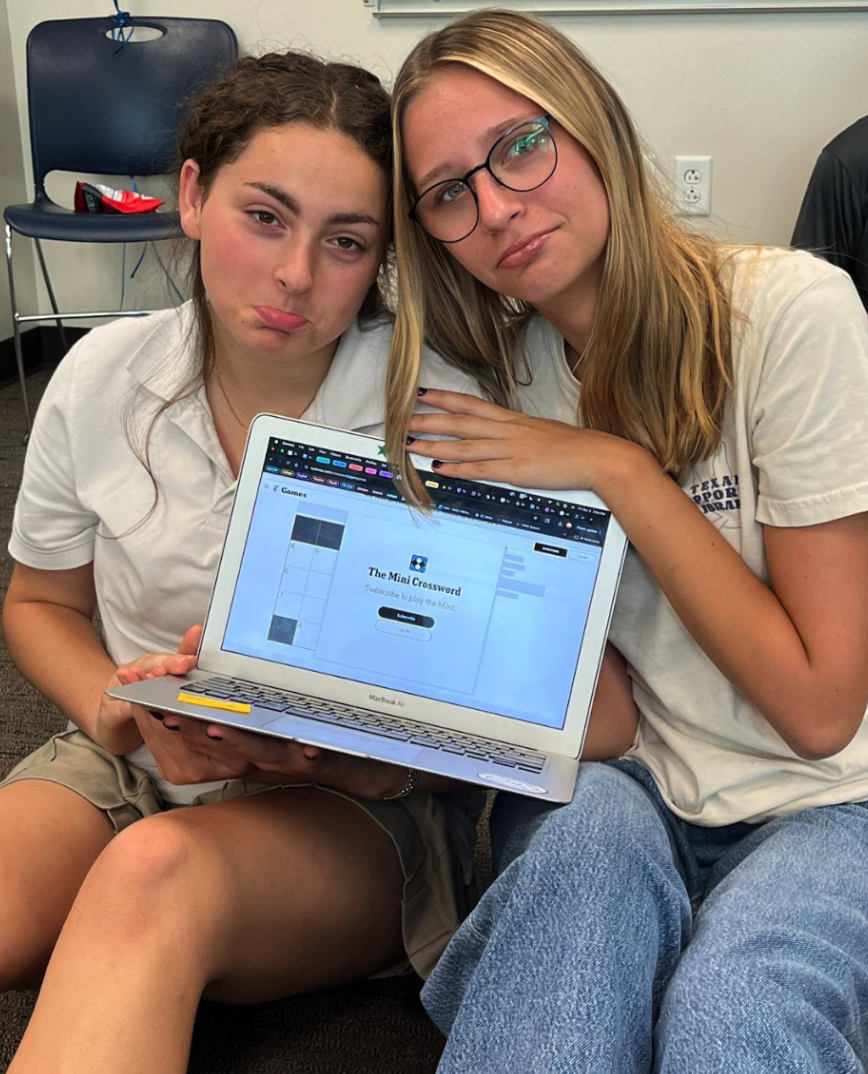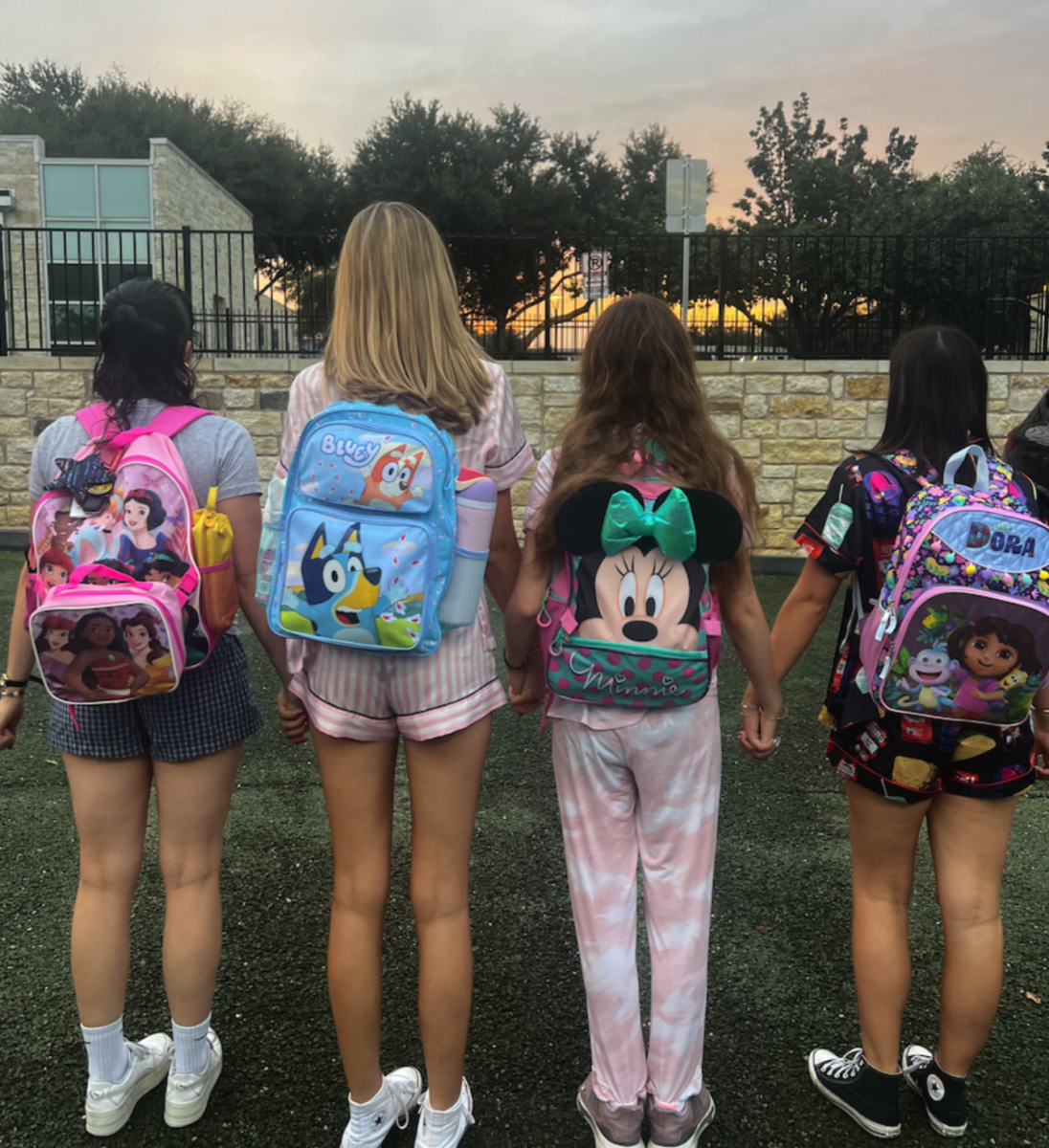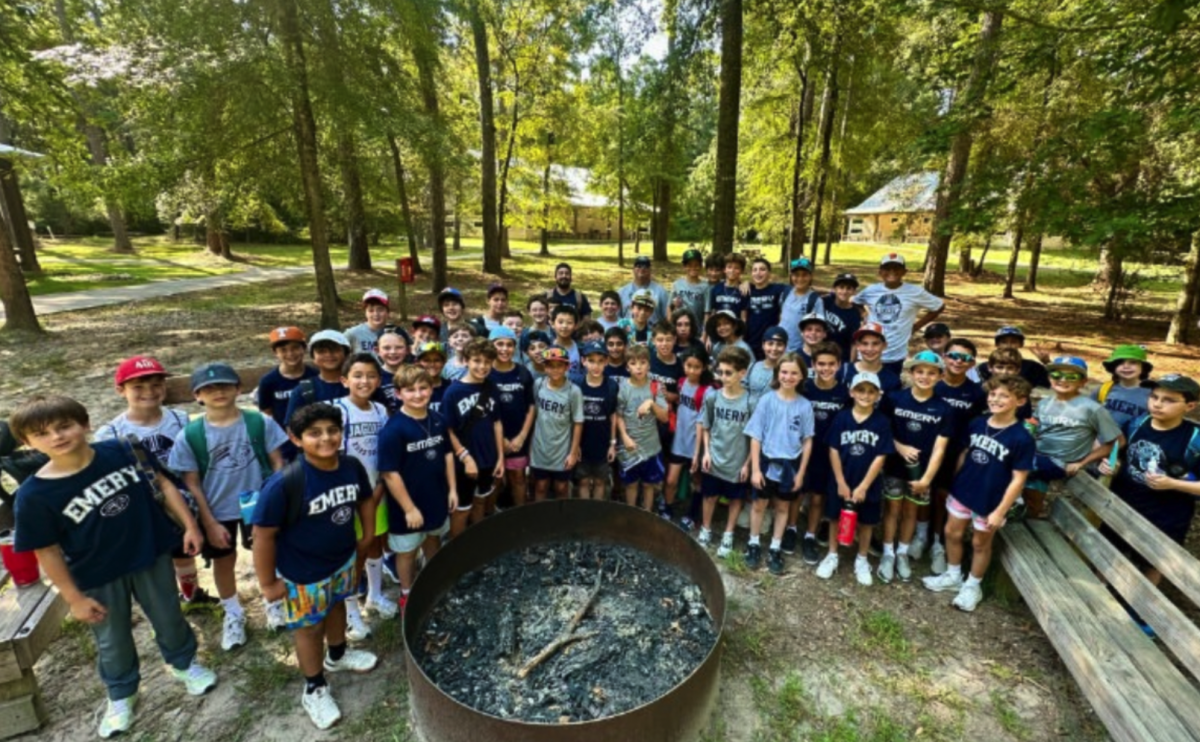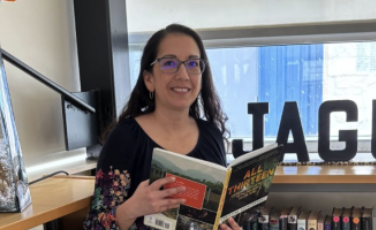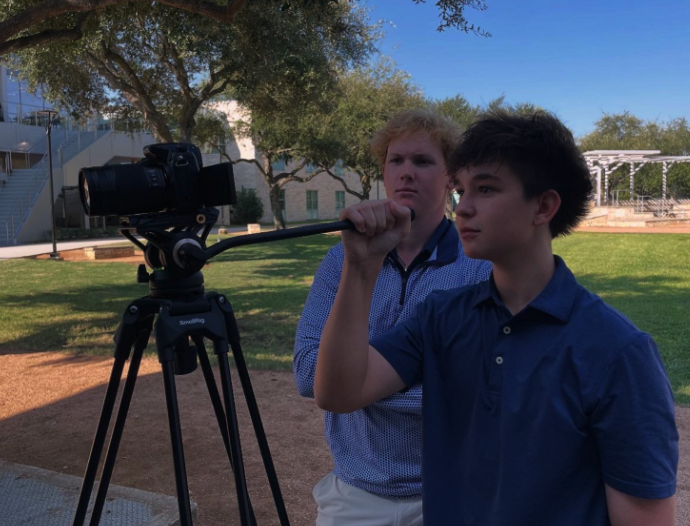
The annual Deep South trip is a pivotal experience for the junior class at EWS, where students not only travel to historic sites to honor the legacy of the Civil Rights Movement but also create lasting memories with their classmates. From singing on Beale Street and roller skating for hours to navigating unexpected challenges—like a widespread sickness that sent several students home—the trip was filled with both emotional and lighthearted moments. Despite the hurdles, the juniors embraced every aspect of the journey, learning, growing, and bonding along the way.
This year’s journey took students to sites across Louisiana, Alabama, Mississippi, and Tennessee, exploring memorials like the Equal Justice Initiative’s National Memorial for Peace and Justice in Montgomery, the Rosa Parks Museum, and the historic Edmund Pettus Bridge in Selma. Throughout the Deep South, students participated in reflective group discussions, helping them process their experiences and gain new perspectives.
Mrs. Cara Bendayan, 11th Grade Level Coordinator, explained that the trip’s goal is “to provide students with an immersive experience that honors the legacy of those who fought for racial equality.”
Mrs. Bendayan worked tirelessly to plan out our activities and schedule our museum and monument visits. The success of the trip relied heavily on her hard work, and thanks to it, the junior class had such a meaningful experience. Additionally, due to her history courses, the junior class stepped into the trip with a solid understanding of the Civil Rights era, which allowed us to ask in-depth questions during speakers’ and presentations. Mrs. Bendayoan’s passion for history is undeniable, yet she focuses on hope for our generation, stating, “It’s not just about learning history; it’s about inspiring the next generation to keep pushing for justice, equality, and healing.”
For students, the trip is educational and eye-opening. Guy Shafran, an Emery junior, reflected on his visit to the 16th Street Baptist Church in Birmingham, where a bombing killed four young African American girls in 1963. “The speech at the Birmingham bombing memorial was very inspirational,” Shafran shares. “The speaker was there, she experienced it herself, and hearing her story taught me resilience and perseverance, as well as how to make light of a bad situation.”
At the Equal Justice Initiative’s Legacy Museum, students reflected on the progression of racial oppression in America. Junior Ella Aruh noted the powerful impact of walking through the museum’s exhibits, saying, “It was eye-opening to understand how deeply embedded racism is in our history, but it also motivated me to be part of the change.”
Despite the emotional weight of the history they encountered, students also made unforgettable memories on the trip. Students watched their classmates sing on Beale Street, went snack-shopping at Walmart and Target, and got to try food exclusively available in Alabama. Junior Lauren Hancock shared that the trip allowed her to “become so close to people I don’t normally have the opportunity to talk to” and strengthen her bond with the teachers.
However, the trip wasn’t without its challenges. Over the course of the week, an illness—dubbed the “Junior Plague”—spread among the students, causing nine to return home early. Fevers, runny noses, and coughs became the new norm, but through it all, the chaperones stepped up in ways that left a lasting impact on students.
Profe Tanya Meinecke and our school counselor, Mrs. Laura Larkin, stepped up and arguably even took the place of our own moms during the trip. Their understanding and empathy made it clear to every student that they could turn to them for help with any illness. They took care of it all in no time. Mrs. Larkin was always walking around with what seemed like a 10-pound backpack full of medicine for everyone, and Profe Meinecke could always be seen with her arm around a sick student, asking what she could do to help. “Profe Meinecke helped me tremendously by caring for me when I broke my leg,” shared junior Eitan Nezer. “She ensured I had a wheelchair and was able to integrate me into the trip as much as she could.”
Profe Ashley Lauderdale, with her incredibly calm and optimistic energy, ties together the core four of this trip. She kept the students energized and optimistic, even after long days filled with heavy content. Not only did she help keep everyone going, but she also played a key role in organizing the trip’s speakers, including one of the most incredible speakers at Sun Studios. Profe Lauderdale helped maintain a sense of light and peace during a trip focused on such darkness and chaos, offering comfort and encouragement when we needed it the most.
Overall – without the help and sensitivity of the chaperones, this trip would have gone even more south. The Juniors are so thankful for junior chaperones Mrs. Law, Dr. Lombardi, Mrs. Harkins, Dr. Lipton, and Mr. Guidry.
The juniors wrapped up the trip at Camp Mitchell, a retreat center hidden in the mountains of Arkansas. As the sun set, we gathered at the edge of the mountain to listen to Dr. Martin Luther King Jr.’s powerful “I’ve Been to the Mountaintop” speech. Reflecting on the moment, junior Gabe Diamond shared, “Listening to the Mountaintop speech as the sun set was a powerful and peaceful experience. We closed our eyes and took it all in. It left us inspired to bring what we learned back to Houston. It was the perfect ending to the Deep South trip.”
As we ease back into the school year post-Deep-South, Mrs. Bendayan reflects on the impact the trip has had on Emery Weiner students, expressing how “It’s not just about learning history; it’s about inspiring the next generation to keep pushing for justice, equality, and healing.”


